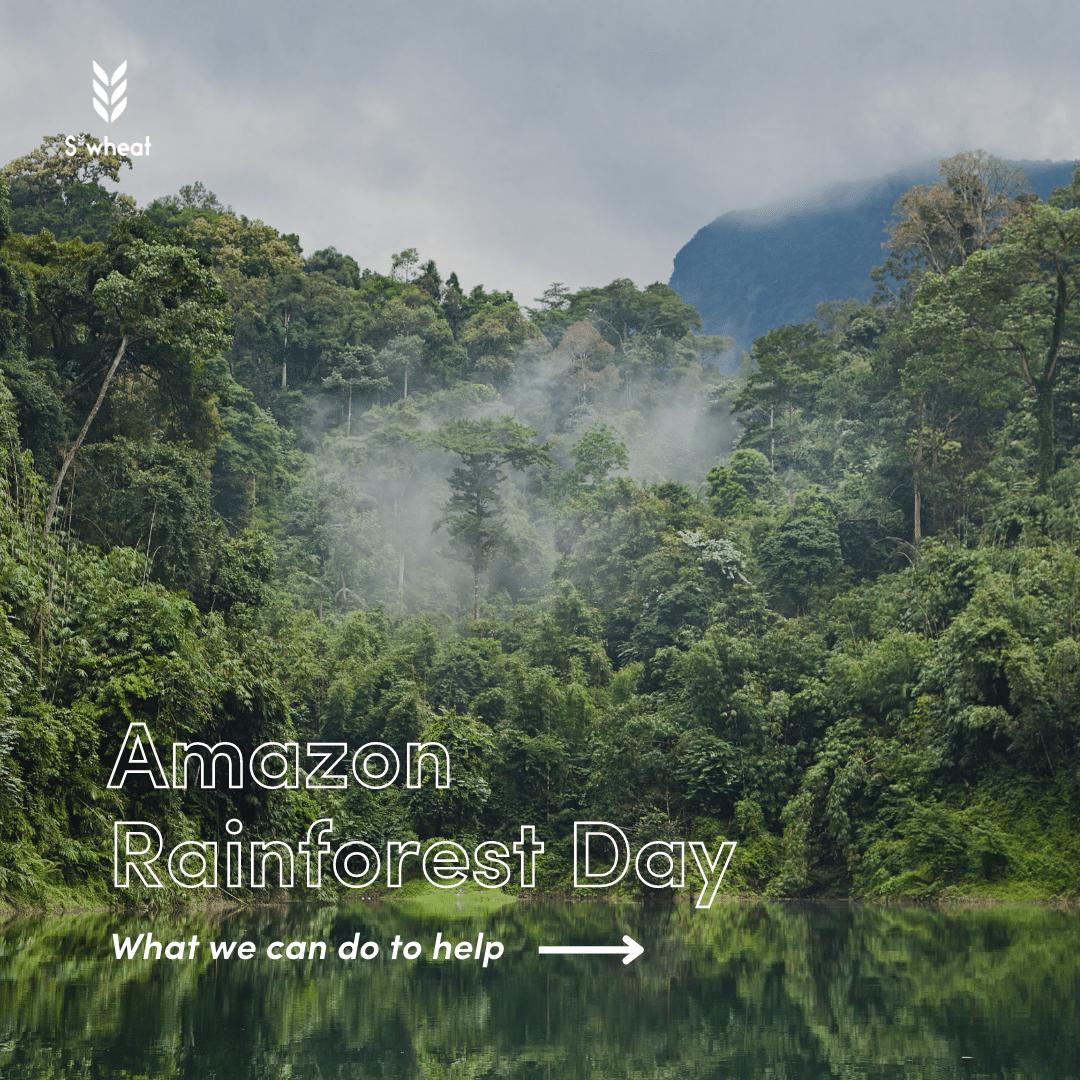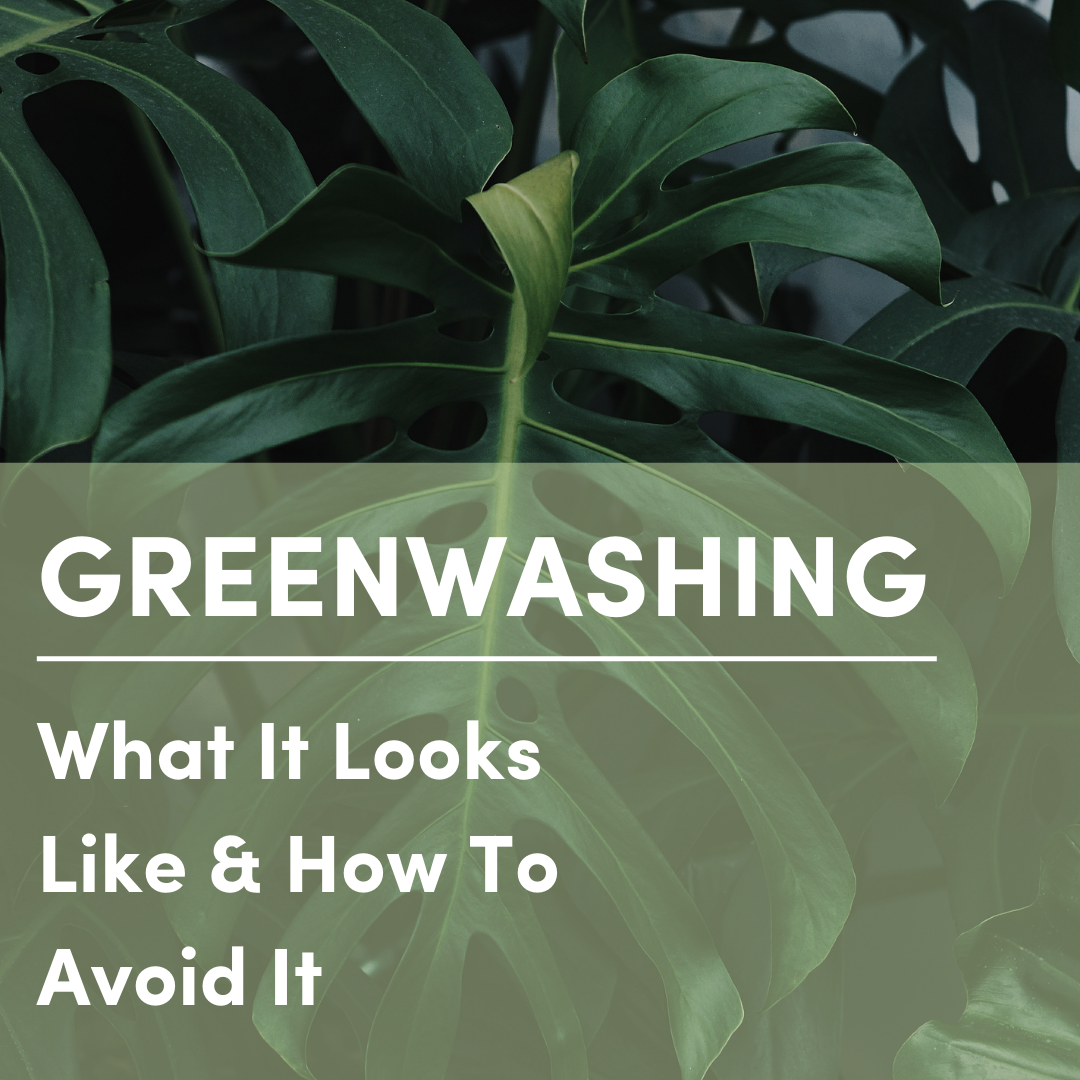International Amazon Rainforest Day falls on 5th September to acknowledge the ongoing damage it suffers. The Amazon Rainforest may remain out of sight to most of us, but its significance to our ecosystems and environmental health is not something to be disregarded. Rainforests are host to 50% of all terrestrial biodiversity on our planet. The Amazon alone stretches through nine separate South American countries and its trees produce 6% of all the oxygen in the world.
Natural resources
We take many of its vital resources for granted on an everyday basis. Rainforests are where we get coffee, spices, palm oil, and so many of our fruits and vegetables. Medicinal ingredients and therapies originate from here, many still yet to be discovered. It is home to over 30 million Indigenous and ethnic groups who require its indispensable resources to clothe and feed themselves, and to medicate, as well as societal necessities such as developing culture.
It’s not only those native to the Amazon that rely on its crucial resource: a consistent source of water is spread throughout the world as it is cycled through the trees of the Amazon, transporting it through entire continents. Alongside providing a source of oxygen, it plays an invaluable role in regulating the climate by absorbing carbon dioxide. They create stability for the ecosystems that dwell within and protect them from droughts and floods.
Deforestation
Due to the Brazilian government’s anti-environmental agenda over the past few years, the rate of deforestation accelerated as much as 92% in the Amazon, hitting a record high in the first six months of 2022, and the highest number of fires in 15 years occurred just in the month of June. Over just half a century, nearly a fifth of the rainforest has been lost - and scientists predict that as much as 25% could be lost over the next decade. They refer to this as the possible tipping point; it would cause irreparable damage to the ecosystems, threatening all biodiversity and escalating climate change.
Illegal wildlife trading
In addition to the threats posed by deforestation, climate change, and forest fires, logging and illegal wildlife trading continue to drive population numbers of the Amazon’s animal inhabitants to near extinction levels. Reptiles are of extreme value within the poaching network as their skin is used for items like handbags and shoes, or sometimes kept as pets, whereas mammal skins are often used to conceal drugs and weapons and smuggle them overseas. There is, however, a growing market within illegal trading for birds as tropical birds are a particularly popular pet in Brazil.
Even rare flowers and timber are being poached at an alarming rate. Many trees are cut down to make space for livestock as the demand for beef continues to drive deforestation. This not only hugely affects the amount of carbon in the atmosphere but destroys the homes of all of the Amazon’s wildlife. The people who live there are being highly exploited too, as medicine and cosmetic industries are profiting off the knowledge of indigenous people in regards to their natural pharmaceuticals.
Pollution
As of 2021, it was discovered that the Amazon Rainforest is now exceeding 1 billion tons of carbon dioxide in output, meaning that it is now emitting more than it can absorb. Prior to this, the Amazon had been regarded as one of the earth’s largest carbon sinks, the trees absorbing whatever unnecessary carbon was in the air. Wildfires are suspected to have been what tipped the carbon - intentional ones to clear land for livestock and agriculture - which, in turn, causes more extreme heat and therefore creates more fires.
The burning itself produces a massive amount of carbon, and this in addition to the removal of tree cover has caused forest carbon loss to double in the past twenty years. Deforestation fires have been found to cause significant damage to public health, with hospitalisations of infants and the eldery being by far the most prominent. Even those whose hospitalisations weren’t recorded or those who could not access proper medical treatment have still suffered respiratory issues due to the air pollution.
The consequences of palm oil
Intentional deforestation to create space for agriculture and cropland has had devastating effects on the environment, and one large perpetrator of this is the palm oil industry. Due to its natural preservative properties, low cost of production, and versatile uses in processed food, detergents, soaps, and skincare and beauty products, palm oil has been implemented into almost every industry. This has been a main driver of the need to destroy the rainforests, using up 10% of permanent global cropland. These rainforests have been some of the biggest carbon sinks, meaning the emissions caused from burning these down is releasing copious amounts of carbon into the atmosphere.
Not only does the palm oil industry drive animal species to extinction by destroying their habitats, it’s been found to be linked to horrific human rights abuses. The huge number of Indonesian and Malaysian staff in this industry can earn as little as $2.50 a day and these large conglomerates that are directly responsible for this are profiting off it. According to Amnesty International, children as young as 8 years old are being forced to leave school to do dangerous work on these plantations to help their parents. Even so, this palm oil is frequently marked as sustainable. Female workers are particularly vulnerable to discrimination as they are threatened with docked wages and unemployment, even though the work is making them sick and injured.
Despite the fact that this is public knowledge, corporations continue to use palm oil in many of their products. At S’wheat, we are absolutely opposed to these ambivalent attitudes towards climate change and the state of the world, which is why we are proud to use waste by-products to make our plant-based bottles, avoiding the need to create room for resources and contributing to deforestation. In fact, we have committed to planting a traceable native tree for each bottle we sell and removing 20 pounds of ocean-bound plastic! Our unique material is made from sustainably sourced wheat and bamboo, allowing farmers to receive additional income for something they would have simply burned, which further increases greenhouse gas emissions.
Palm oil still remains in nearly half of all supermarket foods, often being advertised as sustainable when it is not. This false marketing gimmick is called greenwashing, and it’s used to deceive the consumer into purchasing their products - learn more about greenwashing here!




Leave a comment
All comments are moderated before being published.
This site is protected by hCaptcha and the hCaptcha Privacy Policy and Terms of Service apply.